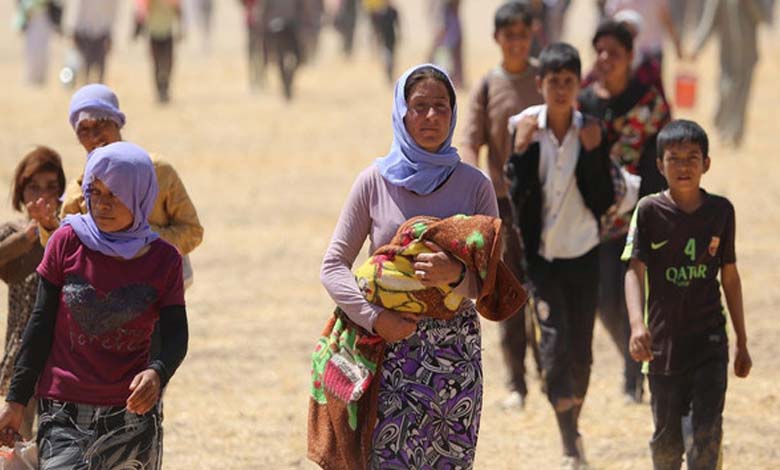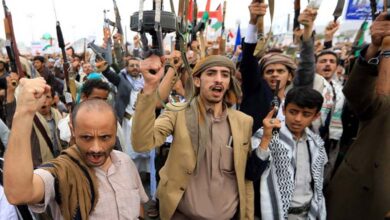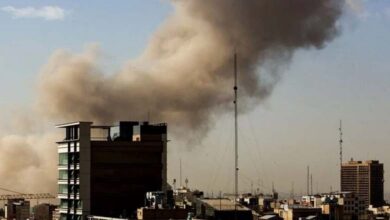A Decade After the Genocide… the Suffering of the Yazidis Has Not Ended

The United States Ambassador-at-Large for Global Criminal Justice, Beth Van Schaak, stated on Tuesday that the continued captivity of thousands of Yazidis by ISIS, as well as hundreds more missing ten years after the genocide of the religious minority, is “unacceptable.” She emphasized the need for increased efforts from both the international community and the Iraqi government.
Last Saturday, Washington commemorated the 10th anniversary of the genocide perpetrated by the terrorist organization ISIS against Yazidis, Christians, and Shiites, as well as the crimes committed by the organization against Sunnis, Kurds, and minorities in Iraq and Syria.
In an interview with “Al-Hurra” channel, Van Schaak said, “It is a sacred commemoration, and it is sad to see so many Yazidis living in unsafe conditions. There are tens of thousands of displaced people and 2,600 missing, whom we do not know whether they are in some prison or a mass grave,” adding that “the search is still ongoing.”
The Office of Rescue of Abducted Yazidis, affiliated with the Presidency of the Kurdistan Region, has for years estimated the number of abducted Yazidis at 6,417, mostly women and children. As for the survivors, both male and female, their number stands at 3,576, while 2,600 Yazidis remain missing.
She pointed out that this situation, ten years after the genocide and the defeat of ISIS by the international coalition, “is unacceptable, and we need to double our efforts to find ways for Yazidis to return to their homeland.”
-
The Battle of the Iraqi Integrity Commission against corruption doesn’t penetrate party influence
-
How does the Iraqi Prime Minister confront Iranian threats and the US presence?
The Kurdistan Region in northern Iraq, according to “Al-Hurra,” still hosts 15 camps for displaced Yazidis, distributed between the Dohuk province and the Zakho administration, with more than 200,000 Yazidis living in dilapidated camps. The Iraqi government is seeking to dismantle these camps and insists that the time has come for people to return to their homes.
In January of this year, the Iraqi government decided to set July 30 as the date for closing the displacement camps in the country and allowing voluntary return to their areas as part of its plan to end the displacement issue, but the decision has been postponed to an unspecified date.
-
The Iraqi city of Mosul has recovered from the destruction caused by terrorism
-
The mystery surrounding Muqtada al-Sadr’s position on the Iraqi local elections is prompting Nouri al-Maliki to test him
With the continued deadlock, Sinjar suffers from the absence of any form of development. Returning families receive about $3,000 from the government, paid only once.
Van Schaak told “Al-Hurra” that “the situation is still not safe, there are still a number of armed militias that have control over some of these areas, and people cannot return safely.”
Van Schaak called on the Iraqi government to invest in the Sinjar area and other regions “so that there is something to return to.”











